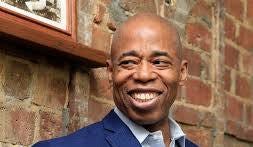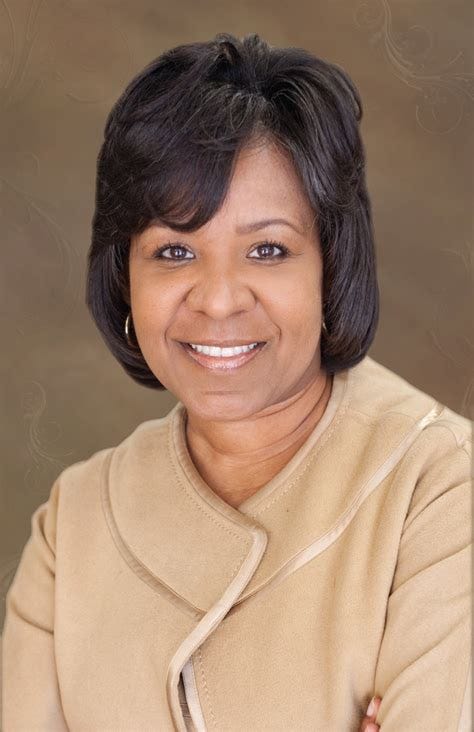Someone has to put Black people first
Putting migrants' needs ahead of the Black community's is simply wrong
Just about every week for the last three months city hall has implemented or promised to introduce a program designed to make life in Chicago easier for the thousands of asylum-seekers dumped here by Texas Governor Greg Abbott. Not only have city officials commandeered shuttered CPS buildings; church groups and nonprofit organizations also have chipped in to address what many label “a humanitarian crisis.”
It is a phrase with an obscure meaning at best. One would think that Black people, thanks to generations of Chicago systemic racism, and forced to live in neighborhoods with scant city services, inferior schools, and inadequate access to health care would qualify as being in the ongoing presence of a humanitarian crisis-not to mention the 65,0000 homeless people in the city.
No one in the past administration or in the current mayor’s office has explained to Chicagoans what constitutes a humanitarian crisis. They did tell residents that at least $20 million to date has been spent to mitigate the crisis. The administration also failed to give nearby residents notice that schools in their neighborhoods were being transformed into welcoming centers or respite centers, or whatever the euphemism-of -the-day was.
When was the last time the city infused that much in a single shot to struggling families on the South Side and West Side? If you answered never you nailed it.
I can’t recall a time in the recent past when Black folks, without the means to stay in a motel or hotel, could saunter into a nearby Chicago Police Department station and hunker down for a few nights. Yet, those doing business with CPD had to often step over sprawled out asylum-seekers who were doing exactly that.
The plate of goodies the city is extending most recently included a wealth of services connected to getting migrant students being prepped for the upcoming school year. Besides the obligatory backpack, the families got assistance signing up for public benefits, as well got vaccinations.
Were Black families in the Englewood, North Lawndale, Austin and Auburn Gresham communities lavished with such treatment? The answer is a resounding no. Subsisting in the poorest neighborhoods in Chicago replete with inadequate schools, a paltry presences of law enforcement, and extreme violence apparently is not a humanitarian crisis.
The city’s zealousness to get migrant children enrolled in CPS may come across as altruistic; but looking beneath that gesture,to we are certain to see it is merely a tactic get a bump in state funding for schools, as CPS received $1.75 billion in the most recent allotment. That was just a pimple more - 1.5 percent exactly than the previous year. Decreased enrollment had much to do with that. Ensuring the young asylum-seekers get enrolled in Chicago schools could reverse the lower enrollment trend and put more dollars in CPS’s coffers.
It is difficult to see that school officials don’t recognize; or maybe just don’t care that introducing these migrant students into local schools is creating a learning disruption for the boys and girls who have been CPS students over the years. Logic tells us that teachers will be required to spend more time with those who barely speak or are learning the languge. That translstes into less time spent with native students.
If CPS and the city were so genuine in motives to get these migrant children in a learning enviornment special classrooms would have established until these youngsters became proficient in the language and more familiar with life in America. That would truly be helping them instead of this baptism-by-fire approach. No one shuld be surprised if a large number of them are overwhelmed by the system they are being asked to acclimate themselves to in short order, and eventually drop out.
Chicagoans’ sentiments are shared in New York City
New York Mayor Eric Adams is being roundly criticized politically from the left and the right for steps he has taken to address the migrant issue in that city. Besides declaring New York has “no more room” for migrants, the first-term mayor last week announced a policy requiring migrants staying in shelters at intake centers to leave after 60 days; if they haven’t found new housing by that deadline, they must reapply for residence at the shelter.
Like Chicago, New York City suffers from extreme homelessness; and the mayor said he is attempting to address both issues simultaneously.
The Adams Administration also took a hit over a canary yellow flier distributed at the U.S.-Mexico border discouraging migrants from resettline in New York City.


City council members are not enthused over the mayor’s plans
Evidence of how flawed the Mayor Brandon Johnson’s plan for welcoming and/or respite centers actually are is found in the fact that no Black alderpersons have embraced a location where the asylum-seekes have been housed.
Jeannette Taylor, 20th Waard alderperson expressed outrage early on when she learned hundreds of newly arrived miegrants were slipped into the Wadsworth School building in her ward. Save Mayor Brandon Johnson, who had some influence in this overal migrant disaster, many elected city council members are being quiet on this matter. It’s understandable that Alderpersons Lamont Robinson (4th Ward); Desmon Yancey (5th Ward); William E. Hall (6th Ward) and Ronnie Mosley(21st Ward) have been quiet as they are adjusting to their new roles on the council.
The Johnson Administration has found no allies among Black alderpersons when it comes to locating the migrants in predominantly Black wards. Like Taylor, Eighth Ward Aldeperson was resolute in her opposition to locating asylum seekers in the former South Shore High School-even temporarily.
Every Black city council member who has spoken against housing migrants in their respective wards has had the strong and vocal support of residents in those wards-including attending town hall-type meetings to voice their opposition. Residents acknowledge the migrants should be helped; however, their plight should not come before long-standing needs of people who are long part of the community are met.
The refrain continues to be that neighbors were given no notice, or not enough notice of the city’s plans.
Mayor Johnson apparently doesn’t see the strong potential political ramifications of ignoring the council’s wishes on such a major issue. Down the road, when the mayor wants some of his hallmark legislation or programs to pass, the votes may not be there. His smartest option, especially for a career beyond one term, is to meet with key council members and determine what sort of midde ground can be found on the asylum-seeker issue, and regroup.









